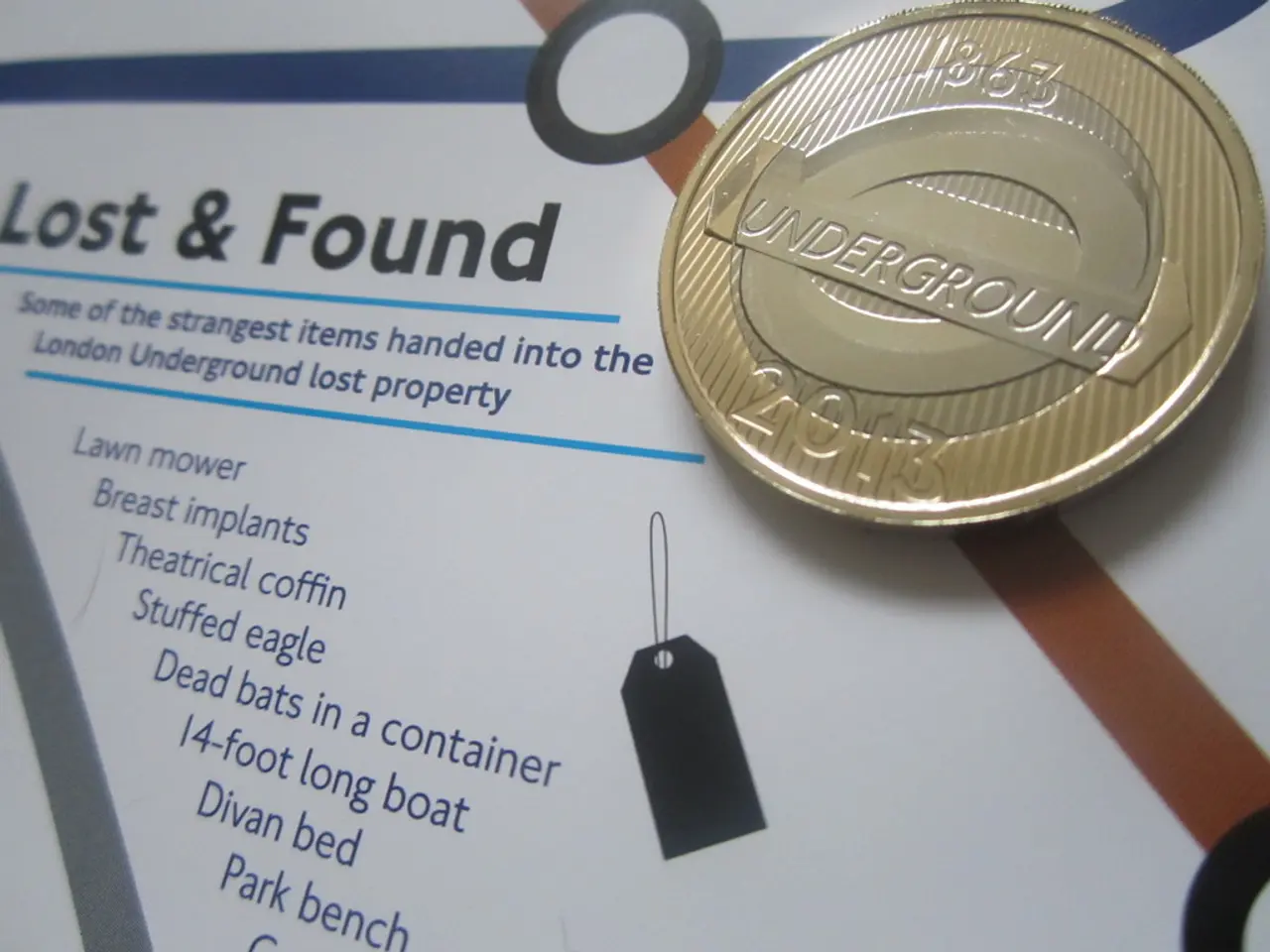Central Bank of Kazakhstan intends to establish a digital currency reserve
The digital currency revolution continues to gather momentum, with several countries exploring the establishment of Bitcoin reserves.
In Kazakhstan, the Central Bank is deliberating over the creation of a crypto reserve. Timur Suleimenov, the chairman of the Central Bank, is working on a concept for this innovative venture. As the third-largest Bitcoin mining location globally, responsible for approximately 13% of the global hash rate, Kazakhstan's interest in Bitcoin is not surprising. The chairman is open to discussing a legal framework for the crypto reserve with lawmakers. One option for the reserve's establishment is through a subsidiary of the National Bank focusing on alternative investments.
El Salvador, known for its progressive approach to cryptocurrency, currently holds 6,223 BTC, primarily through regular purchases since late 2021. The country's move towards Bitcoin adoption has been met with mixed reactions, but it serves as a practical example for other nations considering similar steps.
Another country on the Bitcoin bandwagon is Bhutan. The Himalayan kingdom holds more than 12,000 BTC, which is roughly 40% of its GDP, built up through state mining. This strategic move has positioned Bhutan as a significant player in the Bitcoin market.
Kyrgyzstan has reportedly agreed to establish a Bitcoin and crypto reserve, joining the growing list of countries exploring digital currency reserves.
The USA has also joined the fray, establishing a strategic Bitcoin reserve by decree, consisting of confiscated coins, with the possibility of purchases if they do not cost taxpayers. The move comes as the US government recognises the growing importance of Bitcoin as a strategic reserve asset.
Europe is not far behind. Christian Lindner, the former German finance minister, called for the Bundesbank to engage with the topic of a crypto reserve during the Bundestag election campaign.
Meanwhile, the Indian government spokesman has advocated for the establishment of a Bitcoin reserve, and Nigel Farage, a potential next Prime Minister of the UK, is copying Trump's pro-Bitcoin campaign. However, no official confirmation has been made yet about a nation building a Bitcoin reserve in the coming months.
As the world watches these developments, it is clear that Bitcoin is no longer just a digital currency but a potential strategic reserve asset. Studies and practical examples like El Salvador and Ukraine suggest that Bitcoin could increasingly become a significant part of central bank reserves in the future, serving as an alternative to traditional reserves.
Read also:
- Transforming Digital Inventories in the Food Industry: A Comprehensive Guide for Food Businesses
- 1. Key Points for August 14: Gathering in Alaska, Immigration Enforcement (ICE), Financial service Zelle, Infowars, and Air Canada Airline Incidents
- Automobile manufacturer IM Motors reveals an extended-range powertrain akin to installing an internal combustion engine in a Tesla Model Y.
- Conflict Erupts Between Musk and Apple Over Apple Store's Neglect of Grok






